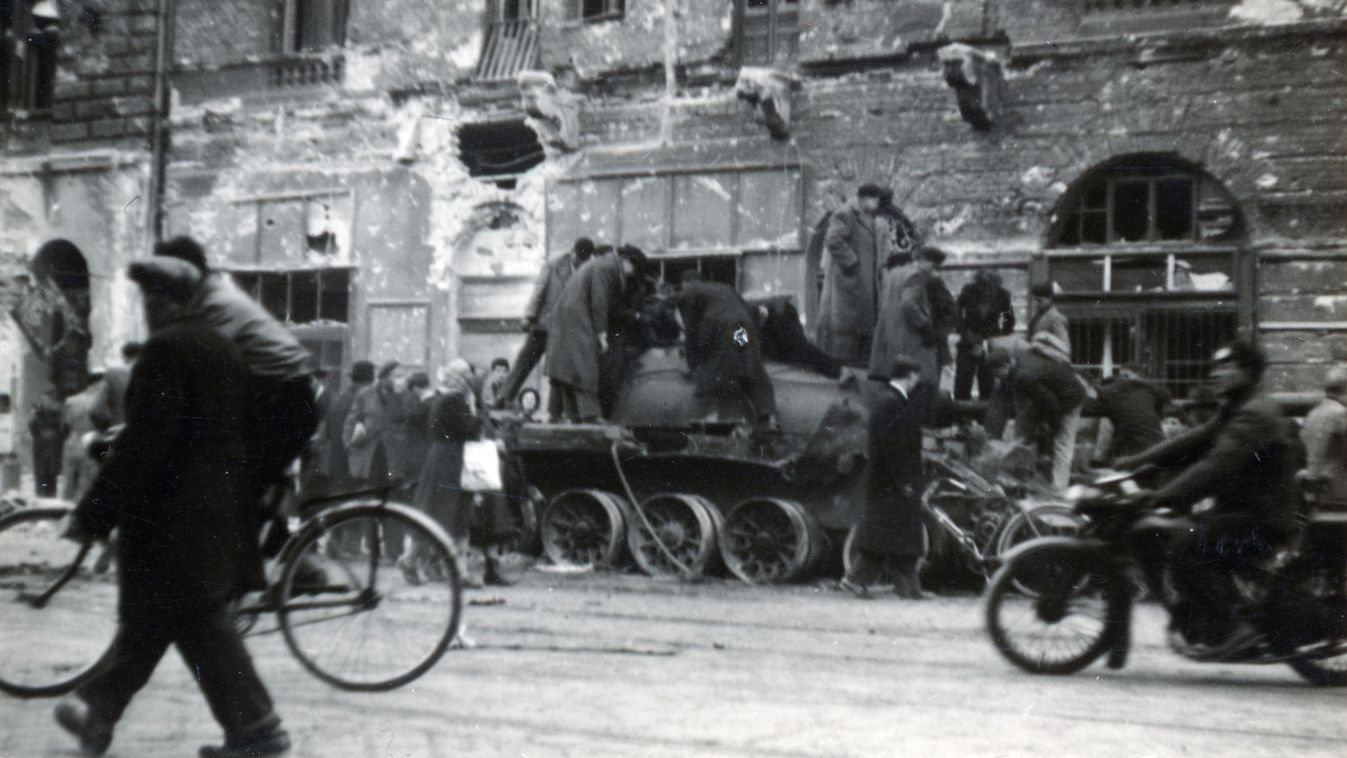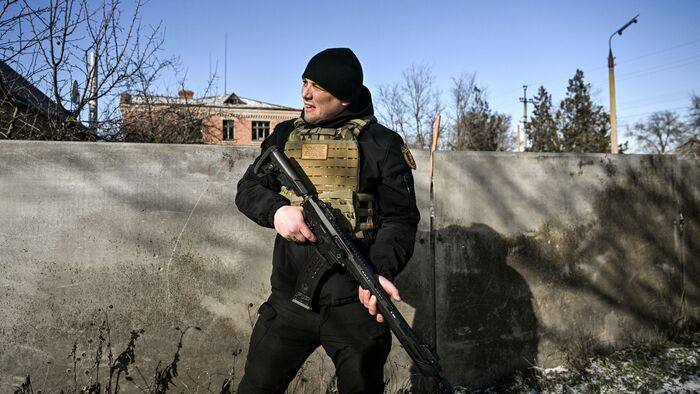News of the new Russian state history textbook for 11th graders, prepared "by order of Russian President Putin", called the Hungarian Revolution of 1956 a fascist rebellion caused a considerable anti-government uproar in the Hungarian left-liberal press. The shocking information also stirred up the opposition parties, which regularly criticize and obstruct the work of the Hungarian government, and immediately spurred an opportunity for another attack.
The Democratic Coalition, Jobbik and Momentum woke up from their temporary slumber and called on the government to respond. In relation to the case, HVG.hu considered it important to mention that a historian at Klubradio discovered the government's "ambiguous" policy, and Telex.hu published an article with this telling headline: "The case of the Russian textbook labeling revolutionaries of 1956 fascist, shows how strongly the government chained itself to Putin".
Regardless of party affiliation, the labeling of Hungarian revolutionaries as fascists, rightly raised eyebrows, and many were waiting for the Hungarian government to react.
Tamas Menczer, the state secretary of the Ministry of Foreign Affairs and Trade, responded in a short statement and stated that the ominous claim is false, it is a historical fact that in 1956 the Hungarian revolutionaries rebelled against the communist dictatorship, and this topic is not a subject of debate.
The response did not satisfy the critics, with some calling for tough action and for the Russian ambassador to be summoned.























Szóljon hozzá!
Jelenleg csak a hozzászólások egy kis részét látja. Hozzászóláshoz és a további kommentek megtekintéséhez lépjen be, vagy regisztráljon!